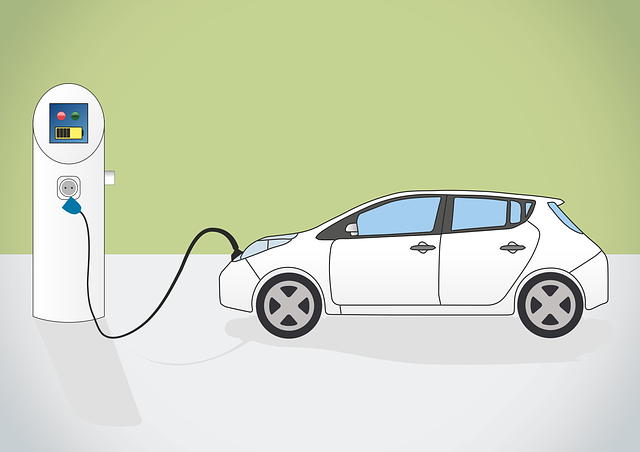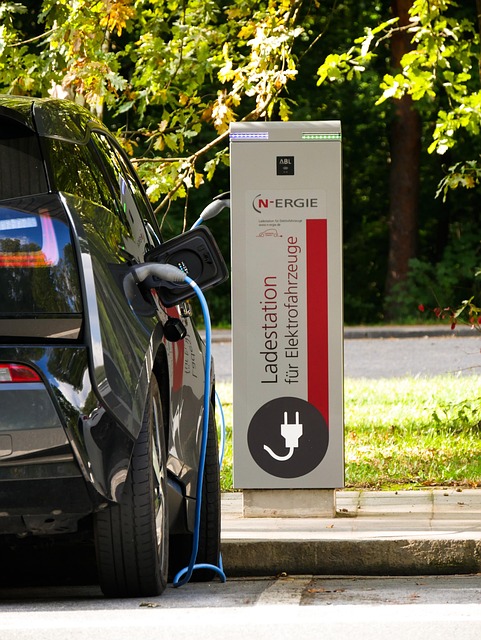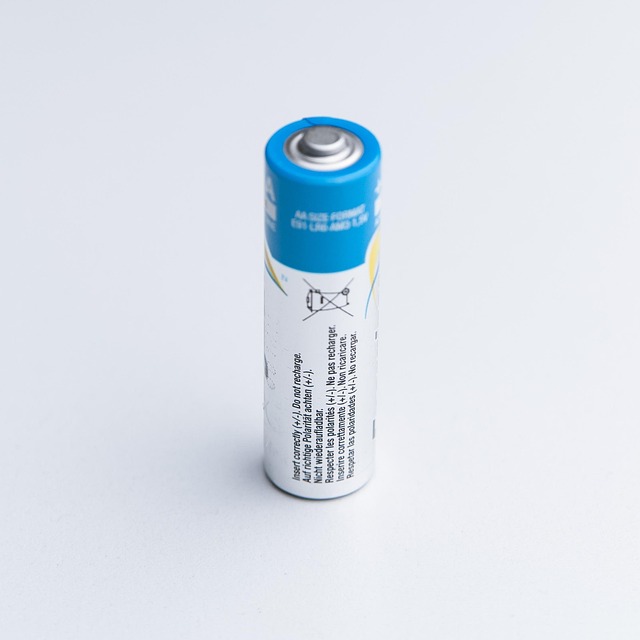To select car batteries, understand your vehicle's power needs (size, amperage), consider battery types (deep cycle vs. starting), and key specs like Ah ratings, CCA for cold weather, and voltage compatibility. Account for climate, corrosion resistance, industry standards, warranties, and recycling options for reliable performance, longevity, and environmental sustainability.
Choosing the right car battery is crucial for your vehicle’s performance and longevity. This comprehensive guide will help you navigate the process of selecting a car battery that meets your specific needs. First, understand your vehicle’s power demands. Next, explore different battery types and specifications to match your requirements. Consider environmental factors, as climate can impact battery life. Assess performance and lifespan to ensure reliability. Lastly, compare pricing and warranty options to make an informed decision when Select Car Batteries for your vehicle.
- Understand Your Vehicle's Requirements
- Research Battery Types and Specifications
- Consider Climate and Environmental Factors
- Assess Battery Performance and Lifespan
- Compare Pricing and Warranty Options
Understand Your Vehicle's Requirements

Before you start browsing through various car battery options, it’s crucial to understand your vehicle’s power needs. Different cars require different battery sizes and amperage ratings. Always refer to your vehicle’s owner manual or consult a professional mechanic for accurate specifications. This guide will help you navigate the process of selecting a suitable car battery that aligns with your vehicle’s requirements.
When considering options like top-rated marine batteries or even solar-powered car batteries, keep in mind factors such as cold cranking amps (CCA), which indicate the battery’s performance in cold temperatures. Ensure the battery size guide matches your car’s make and model for optimal compatibility and performance.
Research Battery Types and Specifications

When looking to select car batteries, it’s crucial to first understand the diverse range of options available in the market. Battery types vary from deep cycle to starting batteries, each designed for specific purposes. Deep cycle batteries are built to withstand frequent discharges and recharges, making them ideal for marine or recreational vehicles where regular use is expected but not always under load. Conversely, starting batteries prioritize high surge capacity to deliver quick bursts of power during engine starts, with lower overall energy storage.
Understanding specifications becomes your compass when navigating this landscape. Check ampere-hour (Ah) ratings, which indicate the battery’s capacity and how long it can supply a certain current before needing to recharge. Voltage is another key factor, aligning with your vehicle’s electrical system requirements. Additionally, consider cold cranking amps (CCA), reflecting the battery’s performance in cold temperatures, crucial for regions experiencing harsh winters. Lastly, don’t overlook car battery maintenance tips like regular cleaning and inspection of terminals to ensure optimal performance and longevity.
Consider Climate and Environmental Factors

When selecting a car battery, it’s crucial to consider climate and environmental factors that can impact its performance and lifespan. Different regions have varying weather conditions, which play a significant role in how your car battery functions. For instance, if you live in an area with extreme heat, high-capacity car batteries might be a better choice as they can withstand higher temperatures without experiencing premature degradation. Conversely, colder climates demand top-rated marine batteries designed to function efficiently in lower temperatures and prevent rapid discharge rates, which can drain your battery faster.
Additionally, environmental exposure affects battery selection. If your vehicle is often exposed to moisture or salt water (like in coastal areas), investing in a corrosion-resistant battery is essential. These specialized batteries are built to handle corrosive elements, ensuring they perform optimally even under challenging conditions. By taking these factors into account during the selection process, you’ll ensure that your car battery remains reliable and robust for years to come.
Assess Battery Performance and Lifespan

When selecting a car battery, it’s crucial to assess its performance and lifespan to ensure reliable operation and longevity on the road. Look for batteries that meet or exceed industry standards, such as those set by the Automotive Battery Council (ABC). These standards guarantee auto battery safety precautions and ensure consistent quality across different brands.
Pay attention to the Ampere-hour (Ah) rating, which indicates the battery’s capacity to deliver power over time. Higher Ah ratings signify longer car battery maintenance tips and improved performance in cold climates. Additionally, consider the Cold Cranking Amps (CCA) rating, a measure of how well a battery performs in low-temperature conditions. Regularly reviewing these specifications will help you select a durable battery that aligns with your vehicle’s needs and adheres to safety standards for optimal car battery safety.
Compare Pricing and Warranty Options

When selecting a car battery, comparing pricing and warranty options is a crucial step in making an informed decision. Battery prices can vary greatly depending on the brand, quality, and features offered. It’s essential to balance your budget with the need for a reliable and long-lasting battery. Some brands may offer competitive pricing without compromising performance, while others might provide premium options with extended warranties at a higher cost.
Warranty terms should also be carefully evaluated. A longer warranty period indicates greater confidence in the product’s durability. This can be especially beneficial if you’re planning to keep your vehicle for several years or face harsh climatic conditions. Remember that a car battery is a vital component, and ensuring its longevity through a comprehensive warranty can prevent costly replacements in the future. Additionally, understanding the recycling options for old batteries is essential, as responsible disposal contributes to environmental sustainability, making it an integral part of selecting your new car battery.
When selecting a car battery, understanding your vehicle’s specific needs, researching different types and their specifications, considering climate impacts, evaluating performance and lifespan, and comparing pricing with warranty options are crucial steps. By delving into these factors, you can choose the ideal battery that meets your requirements and enhances your driving experience. Remember that the right car battery is a vital component in keeping your vehicle running smoothly and reliably.
